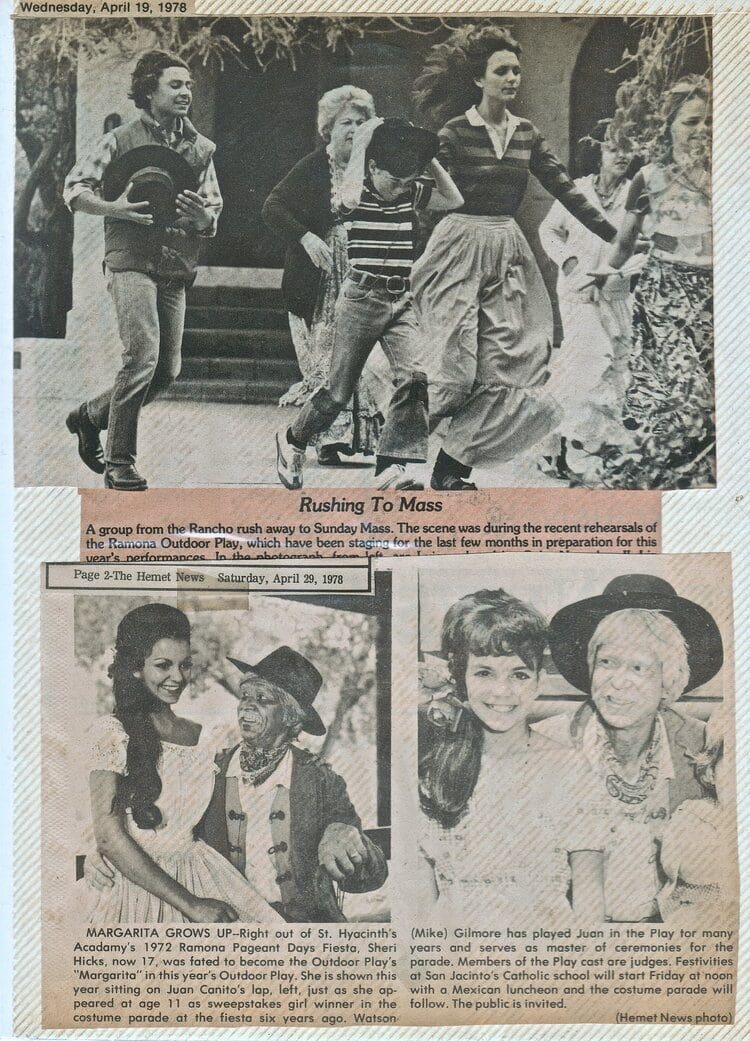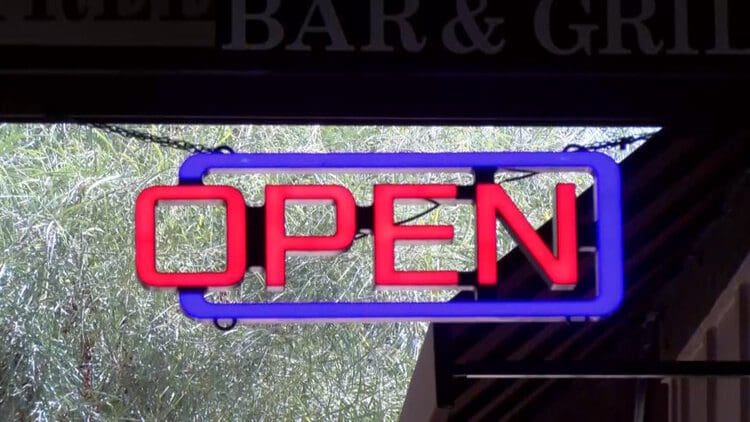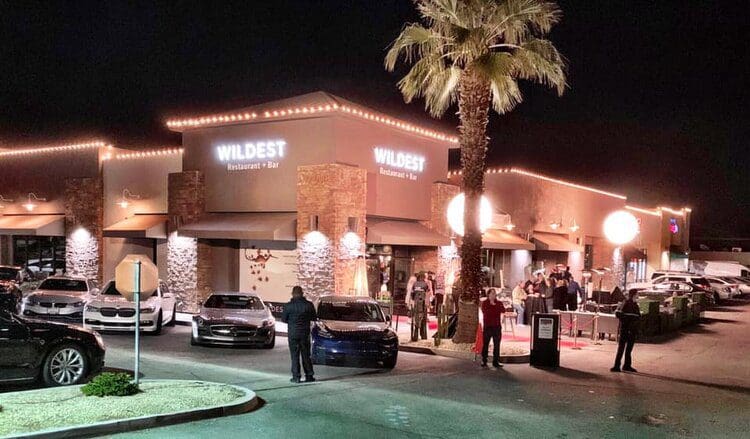Palm Springs Area Real Estate Market Update
Coachella Valley home prices, sales, and inventory show a healthy real estate market in a time of the COVID-19 pandemic.
Courtesy of Palm Springs Life: STEVEN BILLER MAY 12, 2020 CURRENT DIGITAL, HOME & DESIGN, REAL ESTATE

Photo courtesy of Desert Willow Golf Resort
Home prices and inventory appear stable in the Coachella Valley, and indicators — such as leads, showings, and offers — suggest the COVID-19 pandemic is having little effect on the local real estate market, experts said Tuesday during an industry webinar.
“Ladies and gentlemen, we are not in a real estate crisis,” Brady Sandahl of Keller Williams told the audience of real estate agents and brokers during the Market Watch Spring Webinar, a Palm Springs Life event. “We are in a challenging market. We’ve been in a high tide for the last 10 years, and now there’s a health crisis, an unemployment crisis, and an economic crisis.”
But in the Coachella Valley, Michael McDonald of Market Watch beamed, “Inventory remains contained. There’s no rush to sell or put homes on the market.” On March 1, there were 3,019 available units on the market in the valley. On May 1, there were 2,924. “Inventory is not increasing, yet,” he explained. “If it doesn’t rise, it’s a good sign.”
Likewise, the price per square foot appears stable — $244 a year ago and $238 on May 1. The slight dip coincided with the issuing of California’s stay-at-home order in March.
“Prices will likely stay right where they’re at,” said McDonald, who analyzes sales and price data for single-family homes and condominiums in the market. He also predicted that real estate would be among the first industries to recover nationwide because it requires no risky proximity like, say, a restaurant or a movie theater.
Walter Neil of Franklin Loan Center emphasized the need for real estate professionals to discourage forbearance, which went into effect March 18 and allows borrowers to temporarily stop making payments on government-backed loans without risk of foreclosure.
Someone who’s motivated to sell will likely get the asking price in or around the unchanged average length of time on the market. But a seller hell-bent on fetching a premium price might need to be more patient.
Borrowers will not only make good on those missed payments — often in one lump sum — but their credit score will take a hit, as well. “This should be a last resort,” Neil intoned. “Only people who lost a job and have no resources should consider forbearance.”
Otherwise, Neil was as optimistic as Sandahl and McDonald. “I refer to the three-legged stool of recover,” he said. “One leg is monetary policy — the Federal Reserve keeping unemployment low (because unemployment puts pressure on the real estate markets; people need to pay their mortgages) and putting money into the market, which they’ve done with unlimited quantitative easing. The second leg is fiscal policy, which Congress did with the CARES Act. The third leg is COVID-19 containment.”
Neil points to the record-low interest rate, 3.125 percent, as a reason to get into the market, while Sandahl encouraged agents and brokers to listen to their clients. Ask questions. Understand motivations.
“It comes down to whether a home is priced to sit or sell,” Sandahl says. Someone who’s motivated to sell will likely get the asking price in or around the unchanged average length of time on the market. But a seller hell-bent on fetching a premium price might need to be more patient.
Webinar sponsors included Toscana Country Club, Andalusia Country Club, Franklin Loan Center, Palm Springs Regional Association of Realtors, and the California Desert Association of Realtors.
The fall Market Watch webinar is scheduled for November. For more information on Market Watch, click HERE.




















